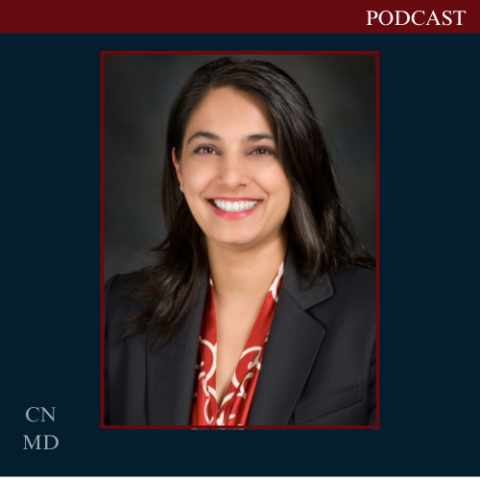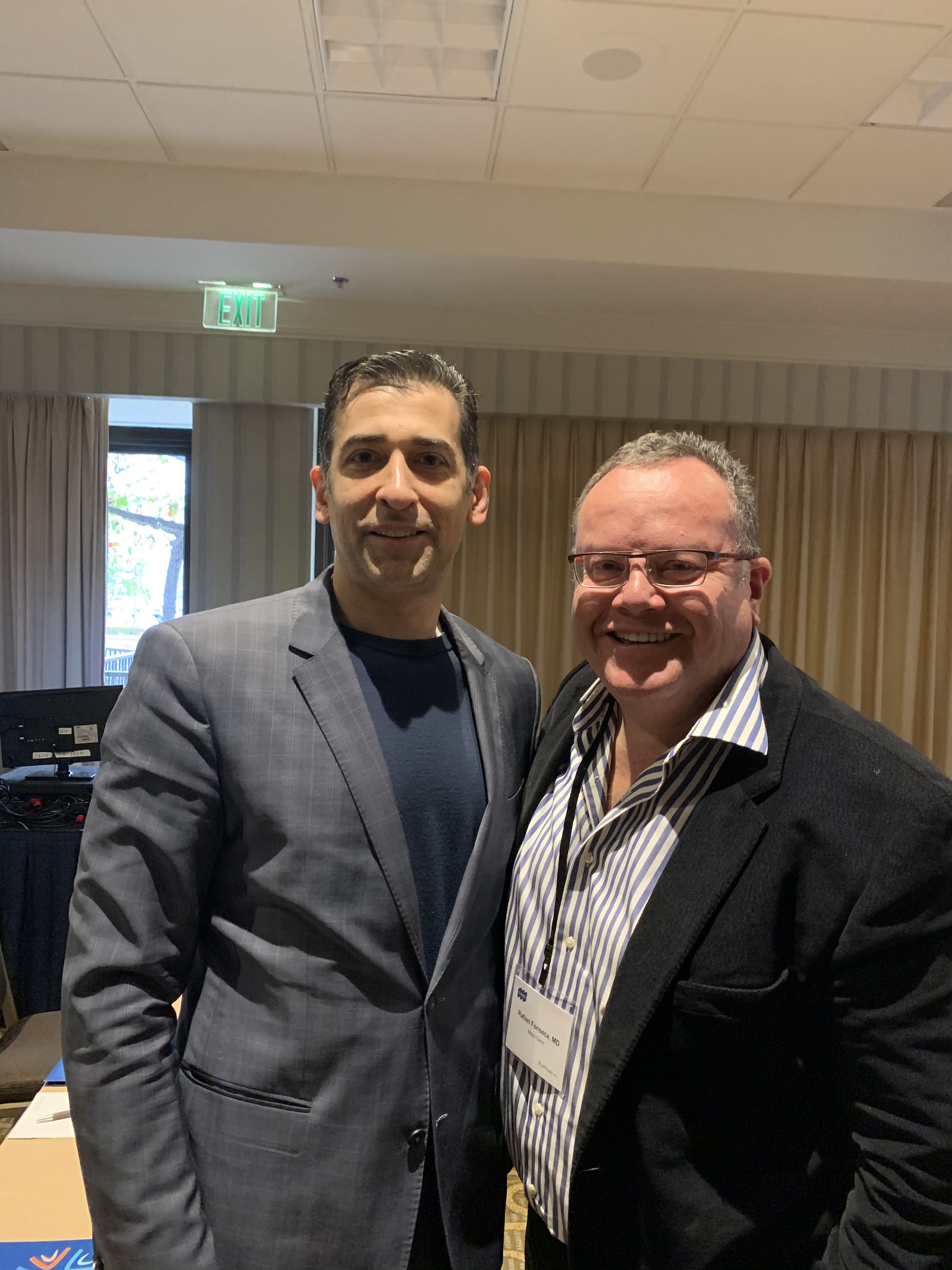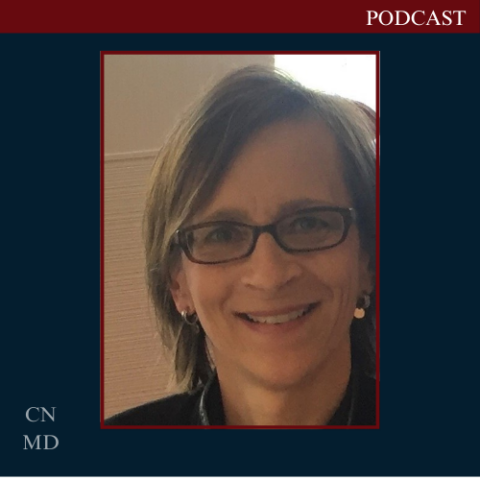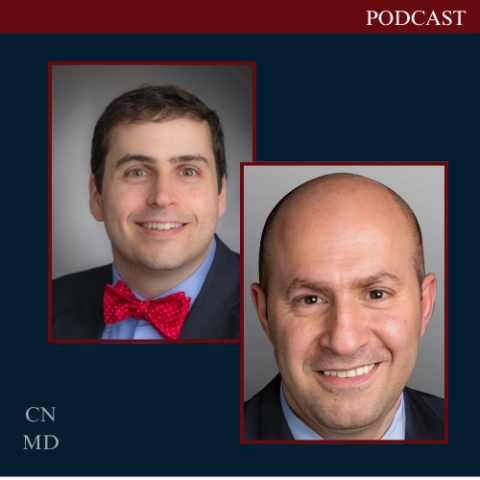
Episode 223: From Lab to Statup: Dr. Simrit Parmar on Launching Cellenkos
Dr. Simrit Parmar, founder of Cellenkos, joins the show to discuss her journey from the lab to the biotech startup world, detailing the inspiration behind launching her company, the challenges of securing funding, and the resilience required to overcome rejections. She shares insights into Cellenkos’ lead product, its progress toward market approval, and the rigorous



